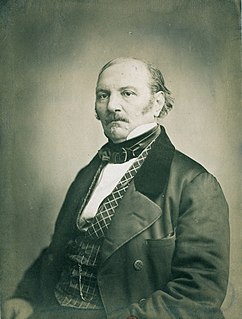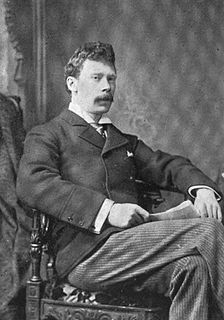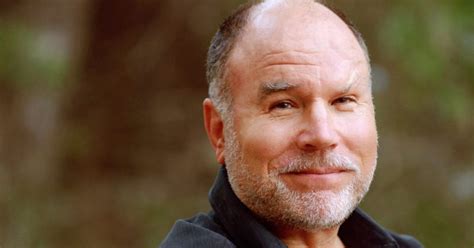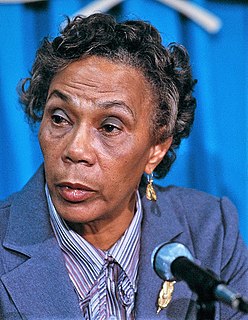A Quote by Allan Kardec
The more clearly a principle is understood by the intellect, the more inexcusable is the neglect to put it into practice.
Related Quotes
Sometimes, if we are faced with obstacles, be they tangible or not, such as jealousy, worldly sentiment, greed, hatred or obsession, etc., there is no other way to overcome them except by practicing more diligently. You need to read Master's books and to listen to Master's tapes more often, meditate more, do Quan Yin more, put more effort into your practice and concentrate more on the path of practice. It is safe only when you are sheltered by the supreme power, no other way.
Failure to handle psychological denial is a common way for people to go broke: you have made an enormous commitment to something. You have poured effort and money in. And the more you put in, the more that the whole consistency principle makes you think, "Now it has to work. If I put in just a little more, then it will work."
We do not put enough emphasis on early childhood years. We neglect children in this society; as a society we're guilty of child neglect. If we could eliminate the vestiges of racism, if we could develop a more powerful agenda for child care, child development, and a more powerful education system, we could prevent a lot of the incapacities which in turn tend to generate structural unemployment.
One of the problems with industrialism is that it's based on the premise of more and more. It has to keep expanding to keep going. More and more television sets. More and more cars. More and more steel, and more and more pollution. We don't question whether we need any more or what we'll do with them. We just have to keep on making more and more if we are to keep going. Sooner or later it's going to collapse. ... Look what we have done already with the principle of more and more when it comes to nuclear weapons.
When Robert Bly visited Interlochen Center for the Arts so many years ago, he spoke to the creative writing majors and said, "The eye reports to the brain, but the ear reports to the heart." Perhaps this is the thing that musicians can do that writers can't ever, quite, but it is what I aspire to, that sense/power of the auditory, and the belief that to hear more clearly is to see more clearly, and that to see more clearly is to feel more deeply.
They would make the 'Church ' their great meeting-point, rather than the Atonement of Christ. As far as my experience goes, they have more devoutness and less devotion, more fear and less love, more feeling of duty than of desire, laying more stress on Phil. ii. 12 than ver. 13, and in practice working upon the intellect and imagination rather than aiming at the heart, skirmishing among the outworks rather than assaulting the citadel.




































